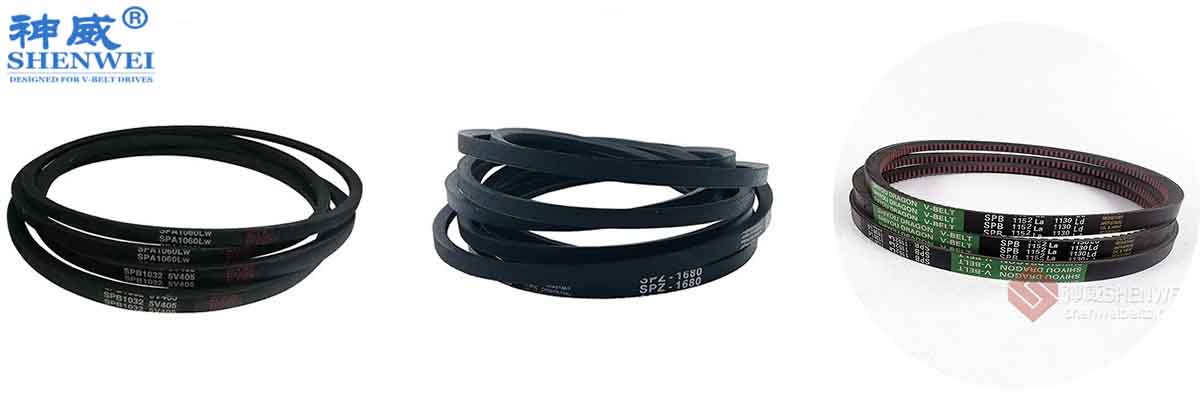Four tips about how to replace the V-belt?
1.The V-belt should be adjusted to the appropriate tightness
In order to ensure the normal operation of the machinery, we must frequently check and adjust the tightness of the V-belt to maintain a suitable tightness.
If the V-belt is too loose, not only easy to slip, but increases the wear of V-belt, even no power.
If too tight, not only cause the V-belt to be stretched and deformed and easily damaged, but cause the clutch bearing of the engine main bearing to be overstressed, and Accelerates V-belt wear.

2. Select the specified type of V-belt
When the new and old V-belts need to be replaced with two or more V-belts, the specified type of V-belt should be selected, and the tightness of each group of V-belts should be the same.
3. Don’t mix new and old belts or reduce the number of belts
It is not allowed to mix the old and new or reduce the number of belts, otherwise, the force of the old and new V-belts will be uneven, even the old V-belt does not work, affecting the power transmission and shortening the life of the V-belt.
4. Avoid Overwork
For daily maintenance, try to avoid sudden start and sudden braking: it should also prevent frequent overloading; if the machine is out of use for a long time, the V-belt should be removed and stored separately.

 English
English Espanol
Espanol Pусский
Pусский Chinese
Chinese